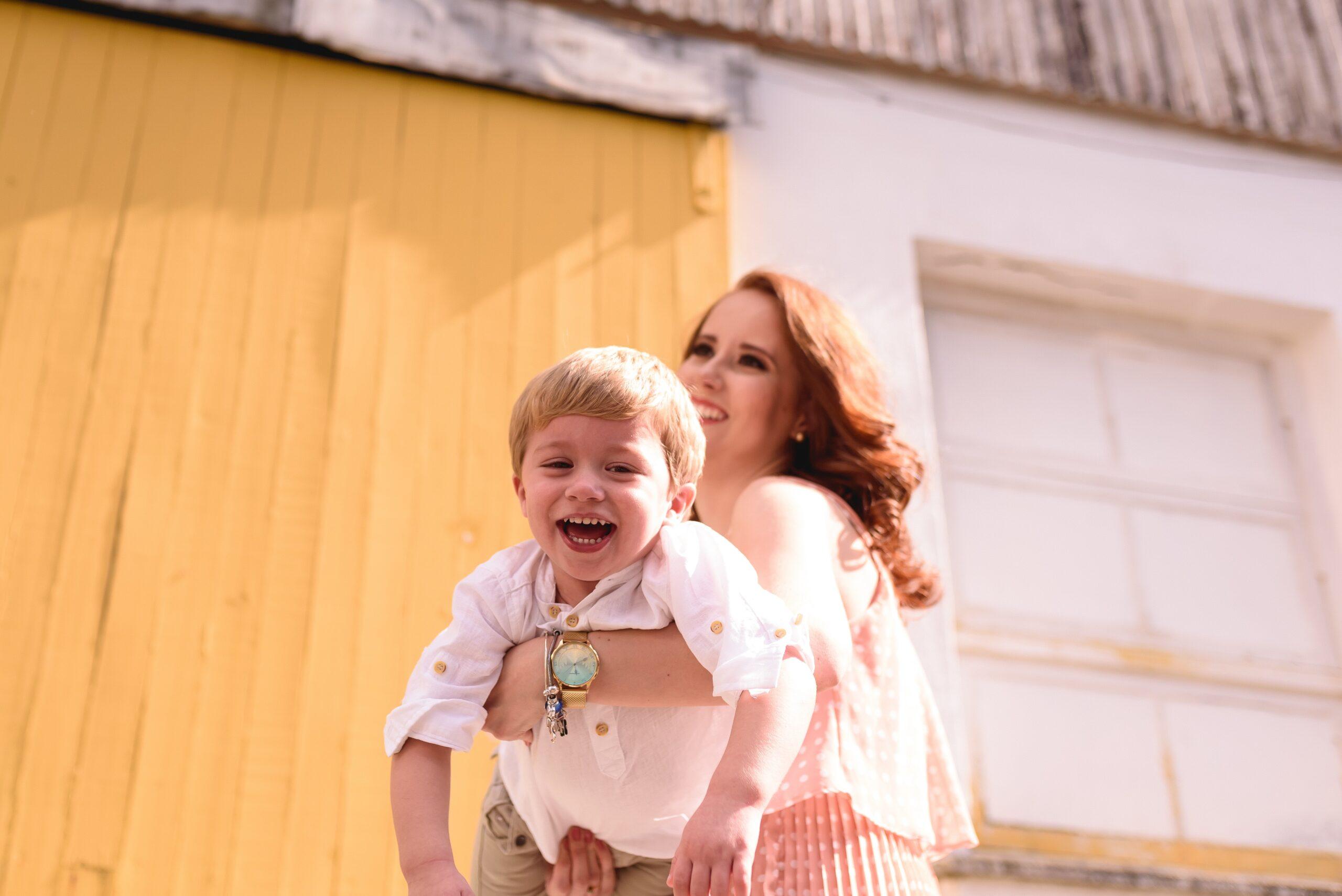Parents often find themselves concerned about their child’s behavior and worry that they might be raising a spoiled child. These concerns stem from prevailing myths surrounding the concept of spoiled children. It is important to understand these myths and the reasons why parents may feel anxious about their child’s upbringing. In this article, we will explore six common myths associated with spoiled children and delve into the underlying realities behind them.
Myth #1: Kids should not grow up believing they can have anything they want.
Reality: It is desirable and an example of effective parenting to teach children they can have anything they want. Children may have to work for rewards, though. And they may not get everything they crave at this moment.
Say you’re shopping and your child asks, “Can I have one of those?” Don’t respond with, “Sure, how are you going to pay for it?” or “What are you willing to do to get it?” Ask, “How much money do you have?” or “Do you have a plan for getting it?”
Our job as parents is to help our children learn they can have whatever they want if they’re willing to work for it. During the process of figuring out how to get whatever it is they want, children learn about solving problems, planning, setting priorities and achieving goals. They may even come to see themselves as capable of creating what they want in their own lives. That’s about as far from being spoiled as you can get. We call this phenomenon self-responsibility.
Myth #2: Spoiled children exist.
Reality: There is no such thing as a spoiled child. “Spoiled” is an inference— a judgment that people make after noticing behaviors.
Are there children who act as if they are entitled? Yes. Are there children who whine until their parents cave? Yes. Are there children who pout if they don’t get their way? Yes. Are there children who seem unappreciative of small gifts? Yes. Does that make them spoiled? No. Such demeanor makes them children who have learned behaviors or are trying new behaviors in an attempt to get what they want.
Children who exhibit these behaviors are not spoiled. They are children who are choosing inappropriate behaviors— behaviors that need to be redirected and replaced with more proactive choices. These are children who need to be taught proper ways of interacting— of maturely asking for what they want and expressing their feelings.
Myth #3: “Spoiled” is a good descriptor of some children.
Reality: “Spoiled” is never an accurate descriptor of children. Spoiled does not describe a behavior, it judges it.
Do not label children as spoiled. Not aloud, nor in your head. When you label children as spoiled, you tend to believe they are spoiled. When you believe they are spoiled, you are more likely to notice anything they do that could be interpreted as spoiled. When you see things that can be interpreted as spoiled, you prove your belief to yourself that the child is indeed spoiled. Your belief then becomes entrenched, and you eventually communicate your belief to your child and he begins to see himself as spoiled.
Myth #4: It’s important to tell children when they are acting spoiled and to call them on it.
Reality: Just as labeling children as spoiled is never a good parenting move, neither is telling them they are acting spoiled. When you call a child spoiled, what he is likely to hear is “spoiled rotten.” Do you want your child thinking of himself as spoiled rotten?
When you notice yourself thinking a child is spoiled, ask yourself, “What is the behavior he or she is engaging in that I’m judging as spoiled?” Then communicate a description of that behavior along with any other helpful information you need to share. “Jenny, I see you sitting with your head down and a frown on your face. Would you like to tell me about that?” Or, “Chico, that sounds like whining. Whining doesn’t work with me. Your best hope of getting what you want is to ask me in a normal voice and explain what you’re willing to do to help get it.” Or perhaps, “Roland, I noticed you paid little attention to Grandma’s gift and offered no words of appreciation. Is there some way you could honor her giving, even if you didn’t like the gift?”
Myth #5: Children who have an abundance of material things are likely to be spoiled.
Reality: Not true. A friend of ours recently bought a horse for his two young boys. A close friend of his, hearing of the purchase, said, “There you go again, spoiling your children.”
Is it spoiling the children if they contribute to the purchase price, clean the horse’s stalls and play a role in feeding and grooming the animal? Is it spoiling children if they learn about safety around large animals, bond with another creature and discover the self-discipline it takes to become an accomplished rider? Is it spoiling kids if they connect with their father or mother, working alongside the parent in the barn, while sweating, laughing and better understanding each other?
Whether a child has a ten-speed bicycle, a horse or a convertible is not an indication of whether or not he’s spoiled. Look instead at how he got the object, how he uses it and his attitude toward it. This gives you more information about whether he’s acting spoiled, than the amount of material things he has.
Myth #6: Spoiled children need to change.
Reality: No, parents need to change. Parents need to change their attitudes about a “spoiled” child and instead see a child who is attempting to satisfy his or her needs with an ineffective behavior. Parents need to change their own behaviors and be willing to take the time to teach new behaviors to their children. They need to be willing to confront themselves and their children, deal with conflict and take the time to engage in solution seeking.



